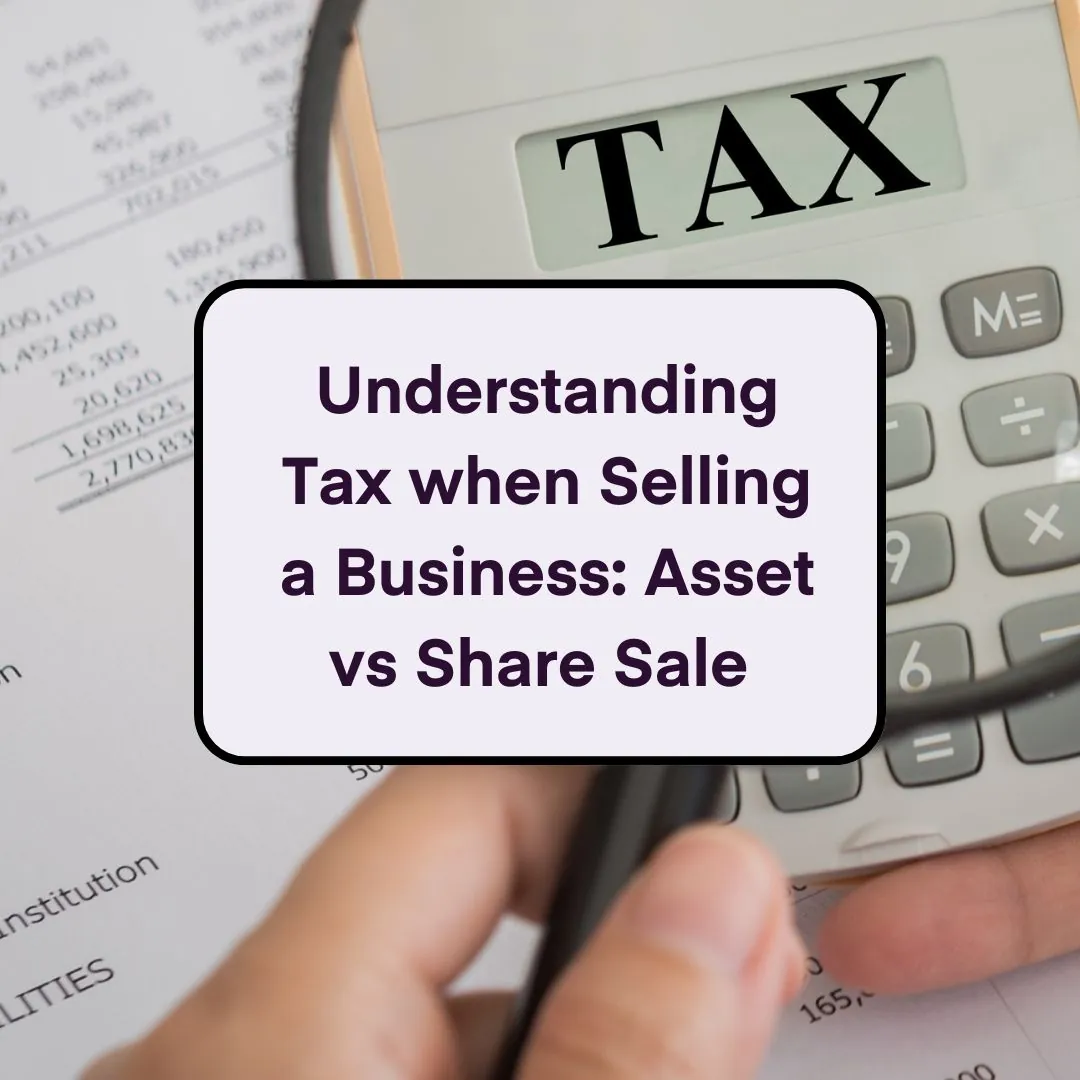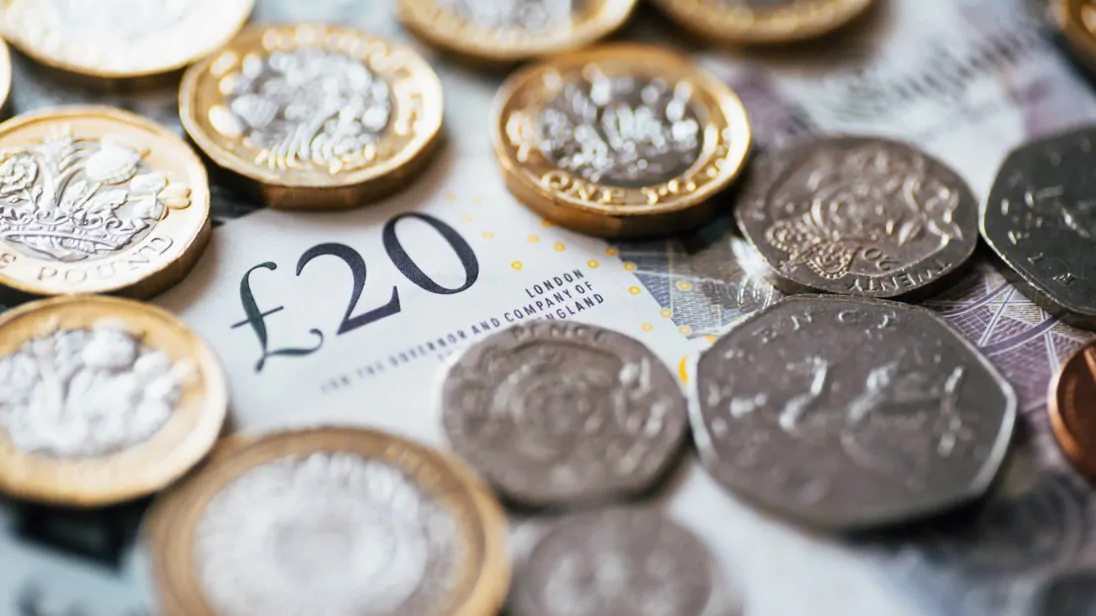
How to spend a tax refund
18 Aug 2016More than 75% of taxpayers in the US receive a tax refund from the Internal Revenue Service each year. The reason? Although the US has a payroll withholding tax that bears many similarities to the UK’s PAYE scheme, in the US taxpayers give their employers an ‘Employee’s Withholding Allowance Certificate’ at the beginning of each year, which defines how much their employer withholds for the IRS, before submitting a personal tax return at the end of the year to account for any over- or underpayments. So, perhaps understandably, when they’re completing the Withholding Certificate most taxpayers overestimate their withholding tax in order to ensure they aren’t landed with a large income tax bill at the end of the tax year.
By contrast, Britain’s standardised Pay As You Earn (PAYE) system of income tax means most employees in the UK never have to file a Self-Assessment Tax Return, and they may only receive a tax refund if they were accidentally assigned the wrong tax code or failed to provide a new employer with a copy of the P45 from their previous job.
However, sole traders, freelancers and company directors filing an annual Self-Assessment Tax Return are much more likely to qualify for a tax refund at some stage. If and when that time comes, how should self-employed professionals and small business owners spend their tax refund from HMRC?
It’s not 'free money'
The first thing to bear in mind is that a tax refund is exactly that – a refund of some of the money that a taxpayer paid (or overpaid) to HMRC. As such, it is not free money, it is not a windfall, it is not a bonus – it’s money that rightfully belongs to the business and the business owner.
If a small business had access to that money throughout the year it might have used some of it to fund the growth of the business, so if you receive a tax refund at the end of the year it’s worth considering allocating at least some of the money in the same way.
Savvy ways to spend your tax refund
Assuming you do decide to reinvest part of your tax refund in your small business, here are a few possibilities.
Marketing: If you’re a freelancer or sole trader and you receive a chunk of money back from HMRC you could invest it in a PR campaign or advertising campaign, or you could hire an SEO expert to help optimise your website’s content and improve your business’s search engine rankings.
Accounting: Unless you’re an accountant, bookkeeper or other financial professional, it’s likely that you would prefer to devote your time to the operation and growth of your business rather than dealing with bookkeeping, Corporation Tax, statutory accounts and all that fun stuff. One use for your tax refund could be to agree in advance an annual lump-sum payment to a small business accountant, so that they’ll be at your beck and call to manage your business’s finances when you need to focus on managing its growth.
Investment: Another possibility is investing the refund you receive from HMRC in equipment or other assets for the business. For example, depending on the nature of your business you could buy a new computer, machinery, a commercial vehicle or office equipment.
Temporary workers: This may only be an option if your tax refund is unusually large, but if you’re struggling to handle your business’s workload but aren’t in a position to take on a permanent employee you could use your tax refund to hire one or more temporary workers. Provided you use a temping agency you will be able to benefit from an extra pair of hands without having to register as an employer.
Training: If you aren’t able to harness the skills of a temporary worker for your business, another option is to use your tax refund to improve your own skills. From short courses at universities and colleges to professional training programmes provided by industry organisations and professional bodies, there are many ways freelancers and sole traders can enhance their professional skills for relatively little money. In fact, there are some training courses that won’t eat into your tax refund at all!
Other ways to spend your tax refund
Of course, not every penny of your tax refund needs to be poured back into your business. Perhaps you’ve worked 80-hour weeks for the past year and it’s time to spend part of your tax refund on a lavish holiday before you burn out.
Or perhaps you’d like to buy a gift for your significant other to show your appreciation for their love and support as you’ve invested blood, sweat and tears in your startup.
However you decide to spend your tax refund, the most important thing is to remember that this is not ‘someone else’s money’. You worked hard, you earned it…spend it wisely.



















